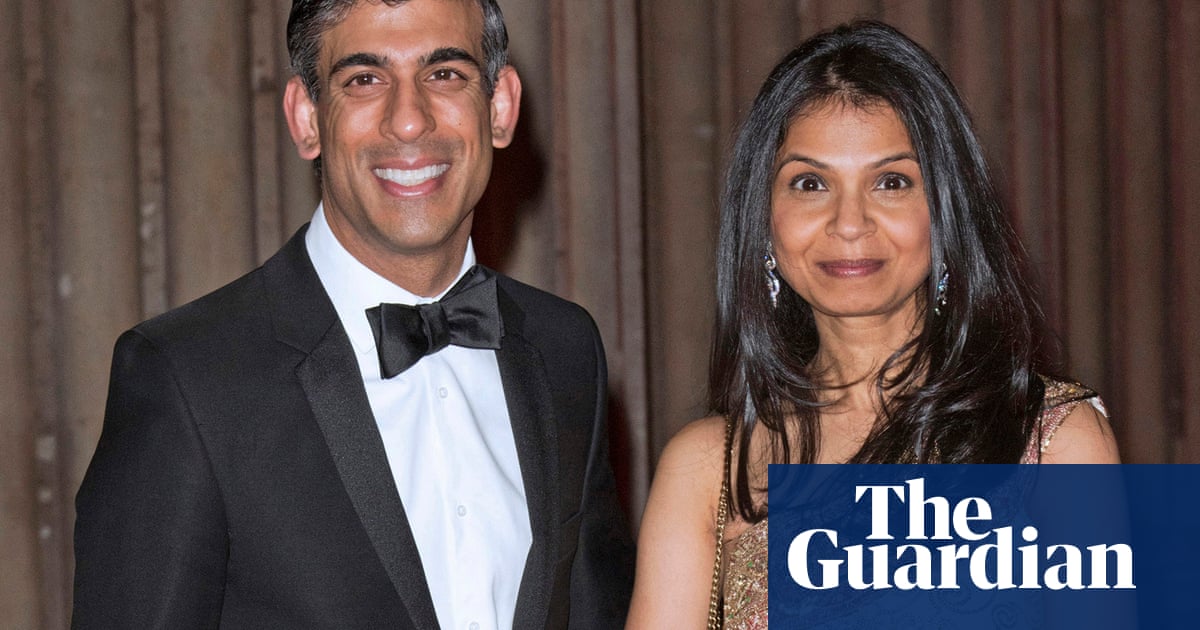
Who is shocked? “Outrage over huge pay rises for Manchester Airports Group bosses” was a Guardian story on Wednesday, just as the airport seized up. Those eight-hour queues of passengers were partly caused by the company’s mass redundancies; almost 900 jobs were lost at the airport group during the pandemic. No wonder it now has trouble recruiting, after the remaining staff took a 10% pay cut to help the company through Covid. Yet in that same crisis moment, executives had grasped themselves huge pay rises of almost 25%. The chief executive was awarded a £500,000 rise, taking his total pay to £2.5m.
This is just one of the many stories from the boardroom troughs that have filled the business pages over the last decades, as fat cats have plundered the companies they manage while average wages have stood still. Here’s the question: is Britain so habituated to decades of kleptocracy that voters just cynically shrug this off, the way they do in Russia?
The lid blew off top pay in the 1980s, and since then many of these masters of the universe have been severely undertaxed, according to a report on Wednesday from the IFS. A corrupted tax system allows those who register their income through their own companies to pay just 27% tax, by classing their earnings as “capital gains”: as employees, these high earners should be paying an average 42%, the IFS says. This deceit looks glaringly worse in a week where ordinary employees have been hit with the national insurance levy. Other types of incomes – whether capital gains, share dividends, professional law partnerships or landlords’ rents – doesn’t pay any NI contributions, and is taxed lower than earned income. Taxes on unearned wealth can fall to as low as 10% for the “business asset disposal relief” wheeze, or even zero when capital gains owed to the Treasury are mysteriously wiped out upon death.
The one sensible thing Margaret Thatcher’s chancellor Nigel Lawson did was to tax all income at the same level, whatever its source, removing any incentive to distort earnings by shunting them through elaborate self-employment and company structures. The shadow chancellor, Rachel Reeves, has proposed a similar policy. The government’s own creation, the Office of Tax Simplification, recommended aligning income tax and capital gains rates in 2020. So why did the Treasury shelve this measure?
The only reason can be to please the very rich. These aren’t just the party’s donors, but the Conservatives’ social and political milieu. They make hyper-wealth seem normal and all attacks on it a danger to “enterprise”. The IFS firmly slaps down that idea. Helen Miller, the deputy director of the IFS and a co-author of the report, writes that “preferential rates on business income” change how people take their income, “but are not well targeted at promoting entrepreneurship”.”
Rishi Sunak is in trouble over disclosure that his wife – whose annual income is £11.5m – is a non-dom quite legally paying no UK tax on the money she earns abroad. This illuminates a stratosphere of wealth far beyond the imaginings of most taxpayers. If Sunak never heard the klaxon about what this might look like, it reveals just how little he understands the lives of most people he is now subjecting to the harshest cost of living shock in living memory, let alone the poorest people who are well below his radar.
A massive £100,000 donation Sunak recently made to his old school, Winchester college, displays a similarly alarming insouciance about the state schools he starves of resources, whose teachers earn 8% less than a decade ago. Of course, a plutocrat could be chancellor – all MPs are in the top 10% of earners – but to be a credible politician, it takes 10 times the social sensitivity of this fiscally conservative belt-tightener. The governor of the Bank of England displayed this same social idiocy when he called on workers but not boardrooms to show “restraint in pay bargaining, otherwise it will get out of control” even as real pay is falling yet faster after a decade of pay stagnation.
The top 1% tend to defend themselves and their tax privileges with an angry retort that they pay 28% of all the nation’s total income tax and national insurance collected, so everyone else should be truly grateful to them and so should the Treasury. What’s more, the share of total income tax and NI they contribute is rising: they were responsible for only 20% collected in 2003-4. Well, of course it’s rising, because their earnings flew ever higher above everyone else’s since then, so they pay a bigger share. The gap between rich and poor has widened to the largest in more than a decade. The ONS said the income inequality gap as measured by the Gini coefficient had “steadily increased to 36.3%”, which was “the highest level of income inequality since 2010”.
Is Britain now shockproof, too used to these familiar tales of greed at the top to react? Many, myself included, thought that the crash of 2008, when bankers’ risk-taking was bailed out by taxpayers, would mark the moment the public no longer tolerated unmerited, undertaxed rewards. But no.
Until now, pay stagnation has been a slow frog-boiler. But this time, as food and energy bills arrive like Exocets landing on ordinary households, forcing immediate family spending cuts, not just for those in poverty but for people who are more comfortably off, too, the spectacle of boardroom greed and pandemic profiteering may ignite public indignation. If so, Sunak will become an increasingly uncomfortable figurehead for the Tories.
Polly Toynbee is a Guardian columnist












